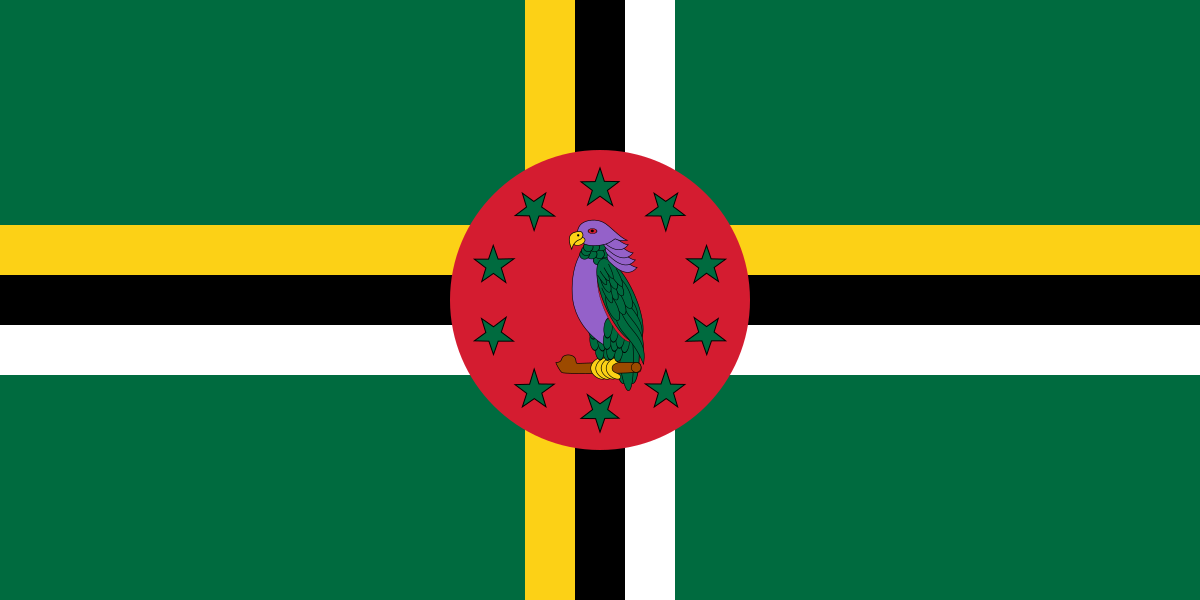Location
Dominica was the last of the Caribbean islands to be colonized by Europeans due chiefly to the fierce resistance of the native Caribs. France ceded possession to Great Britain in 1763, which colonized the island in 1805. In 1980, two years after independence, Dominica's fortunes improved when a corrupt and tyrannical administration was replaced by that of Mary Eugenia CHARLES, the first female prime minister in the Caribbean, who remained in office for 15 years. On 18 September 2017, Hurricane Maria passed over the island causing extensive damage to structures, roads, communications, and the power supply, and largely destroying critical agricultural areas.
Government type: parliamentary republic.
The politics of Dominica takes place in a framework of a parliamentary representative democratic republic, whereby the Prime Minister of Dominica is the head of government, and of a multi-party system. Executive power is exercised by the government. Legislative power is vested in both the government and the House of Assembly. The Judiciary is independent of the executive and the legislature.
Information from the CIA Factbook and Wikipedia article Politics of Dominica
Members:
Resources
Displaying 16 - 20 of 52Title by Registration (Amendment) Act (No. 8 of 1998).
This Act amends the Title by Registration Act by repealing and replacing a section on certification of official documents before registration and by making some minor and consequential amendments.
Amends: Title by Registration Act (Cap. 56:50). (1992)
Title by Registration (Amendment) Act (No. 15 of 1993).
This Act amends the Title by Registration Act by inserting two sections on the delegation of functions by the Registrar of Titles.
Amends: Title by Registration Act (Cap. 56:50). (1992)
Title by Registration (New Register) Act (Cap. 56:51).
This Act directs the Registrar of Titles to make a new register of titles for Dominica. This Act applies only in cases where certificates of title which were registered in the old register have been destroyed. The Act contains rules relative to (application for) registration and evidence of title. The Act also provides for the lodging of caveats for the establishment of interests in land other than freehold and certain leaseholds.
Small Tenaments (Amendment) Order (S.R.O. 5 of 1998).
This Order amends the Small Tenaments Act in Schedule 2 in relation with fees for legal proceedings.
Amends: Small Tenaments Act (Cap. 54:71). (1991)
Settled Estates Act (Cap. 54:05).
This Act makes provision with respect to transactions involving and rights inherent to settled estates i.e. land, and any estate or interest therein, which is the subject of any at, deed, agreement, will or other instrument, under or by virtue of which any land or any estate or interest in land stands limited to or in trust for any persons by way of succession.


